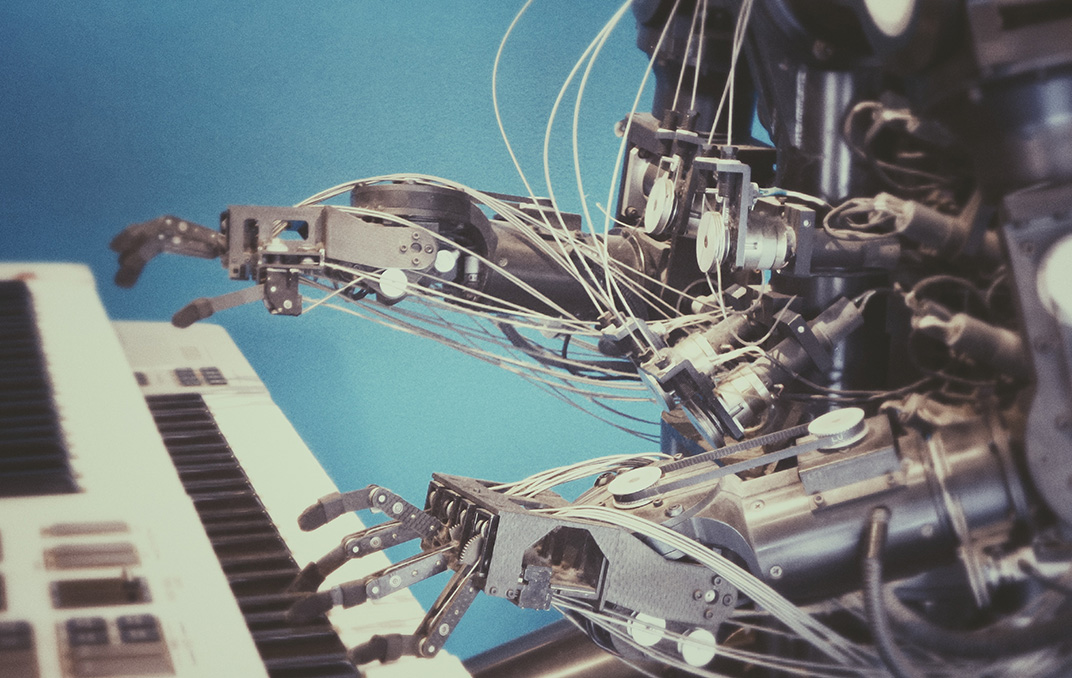
The Centre for Robotics and Intelligent Systems (CRIS) at BITS Pilani is a multidisciplinary initiative aimed at developing advanced robotic systems with enhanced intelligence and adaptability. The centre emphasizes indigenous research and innovation to enhance India’s competitiveness in robotics and automation through collaborative, student-led projects and real-world simulations.
To position BITS Pilani as a national leader in robotics research by fostering innovation and developing autonomous systems that solve real-world challenges under dynamic conditions.
To build cutting-edge robotic systems that combine intelligence, adaptability, and efficiency, while promoting interdisciplinary collaboration, student involvement, and industrial partnerships.
- Develop indigenous robotic prototypes tailored to industry needs
- Equip students with practical experience through hands-on project work
- Promote cross-disciplinary research in robotics and embedded intelligence
- Collaborate with global institutions to enhance research outcomes
Real-time control and automation
Machine learning and computation in robotics
Path planning, robotic perception, and decision-making
Virtual cognitive systems and simulated environments
DSP and microcontroller-based development boards
Tools for modeling, simulation, and real-time testing
Collaborative infrastructure for neural/fuzzy logic control, ultrasonic sensing, and robotic vision
- Project mentorship and infrastructure support for UG and PG thesis work
- Real-time simulation and hardware testing environment
- Consultancy and prototyping services for industry-academic collaborations
Hands-on sessions with national and international experts
Collaborative research events with CAIR, BARC, and University of Michigan
